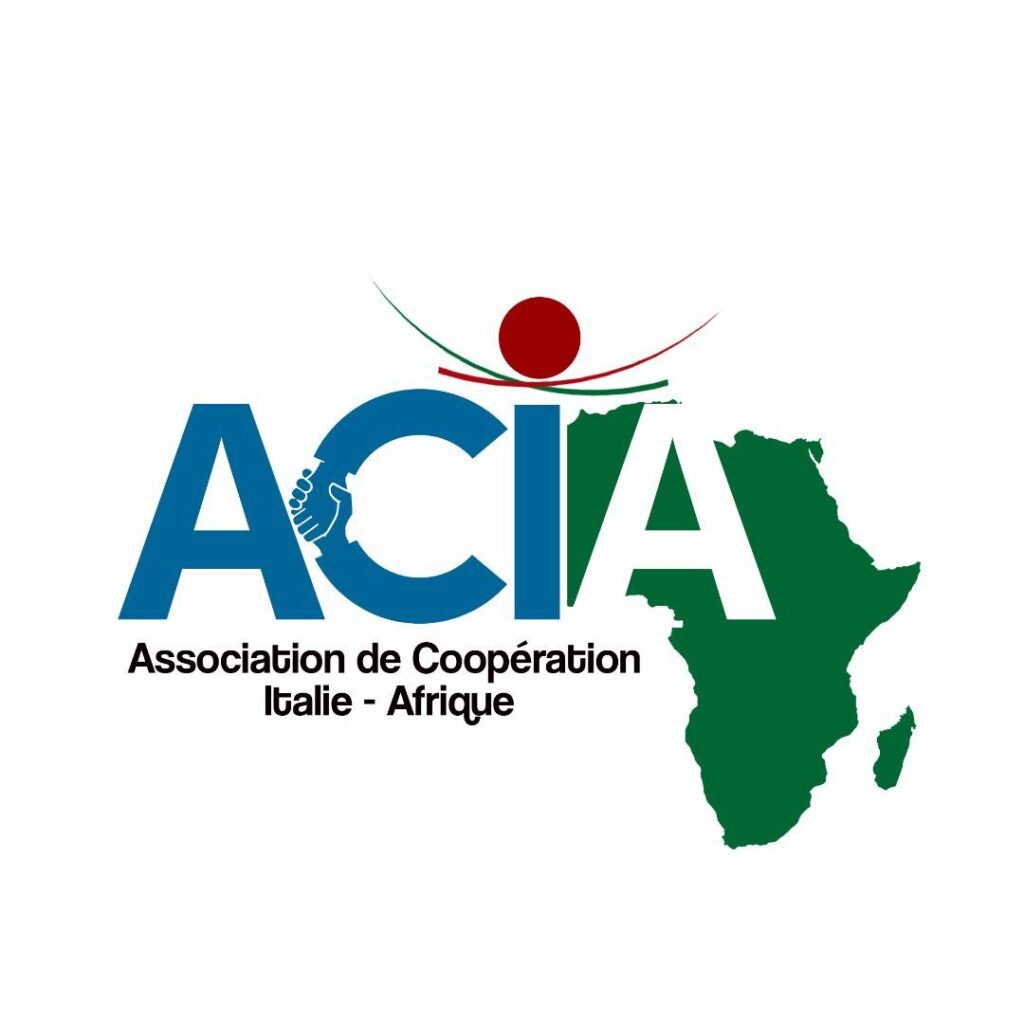
The FSLTA (Forum of Traditional Rulers and Chiefs of Africa) is an important initiative that aims to strengthen the role of traditional African authorities in the development and governance of the continent.
Here are some key points from this forum:
Aims and Objectives
The FSLTA aims to:
- Strengthening the institution of traditional leadership in Africa
- Improving the participation of sovereigns and traditional leaders in governance processes
- Promoting dialogue and exchange of experiences between African traditional authorities
- Tackling common challenges such as crime, conflict and instability
Role and importance
Traditional authorities in Africa:
- They play a significant role in the social, political and economic life of local communities
- They act as intermediaries between the state and communities, influencing the distribution of public goods and the representation of citizens' demands
- They can have an impact on development by coordinating local collective action, mediating conflicts and overseeing land rights
Activities and Initiatives
The FSLTA organises:
- Interactive forums to rethink the crucial role of traditional rulers in the political and democratic landscape of the continent
- High-level sessions and case study analyses to address critical issues
- Study visits and collaborative learning exchanges with institutions such as the Rwanda Parliament Museum
Challenges and opportunities
The forum aims to address:
- The weak synergy between state authorities and traditional institutions in many African countries
- The need for continued engagement with this important level of leadership to clarify their statutory roles and responsibilities towards citizens and national development
- The potential of traditional authorities as a strategy to fight crime, criminality and ensure stability
In conclusion, the FSLTA provides an important platform to enhance the role of African traditional authorities and promote their contribution to sustainable development and peace on the continent.
Who is the FSLTA Representative?
The chief representative of the Forum of Sovereigns and Traditional Chiefs of Africa (FSLTA) is: King Tchiffi Zie Jean Gervais

He serves as secretary general of the FSLTA. King Tchiffi Zie is originally from the Ivory Coast and is the ruler of the Krou community.
Some relevant details about King Tchiffi Zie and his role in the FSLTA:
- He is engaged in diplomatic missions in Europe to promote the objectives of the Forum
- He is working on the creation of a 'parliament of diasporas' to represent the 370 million Africans living outside the continent
- The African Union has entrusted him with the role of 'president of the diasporas'.
- It is responsible for organising African diaspora communities in the various European countries
Its efforts focus on enhancing the contribution of African diasporas to the continent's development and on strengthening ties between African communities abroad and their countries of origin.
Recognised by the African Union

The Forum of Traditional Rulers and Chiefs of Africa (FSLTA) has gained important recognition from the African Union (AU) in recent years:
Official recognition
The FSLTA was officially recognised by the African Union during the February AU summit. This represents a significant step for the Forum, which brings together more than 1,500 African tribes.
Role of diasporas
The African Union has entrusted the FSLTA, in the person of its secretary-general King Tchiffi Zie Jean Gervais, with an important role regarding African diasporas:
- King Tchiffi Zie was appointed 'president of the diasporas' by the AU
- He was given a mandate to 'flesh out' the diaspora, considered the 'sixth region' of Africa in addition to the five geographical regions
- The aim is to organise and structure African diaspora communities in the various countries
Objectives of the collaboration
Through this recognition, the AU and the FSLTA aim to:
- Valuing the contribution of African diasporas (around 370 million people) to the continent's development
- Creating a 'parliament of diasporas' to represent Africans living outside the continent9
- Promoting the participation of diasporas in the development of the countries where they reside
- Helping to combat irregular immigration
This recognition therefore marks an important step in the integration of traditional authorities and African diasporas into the continent's governance and development processes, in line with the objectives of the African Union.
How does the FSLTA influence African politics?
The Forum of Traditional Rulers and Chiefs of Africa (FSLTA) exerts significant influence on African politics in several ways:
Strengthening the role of traditional authorities
The FSLTA aims to:
- Strengthening the role of traditional authorities in governance processes
- Promoting dialogue and exchange of experiences among African traditional leaders
- Enhancing the contribution of traditional institutions to sustainable development and peace on the continent
Mediation between state and community
Traditional authorities represented in the FSLTA:
- They act as intermediaries between governments and local communities
- They influence the distribution of public goods and the representation of citizens' demands
- They coordinate local collective action and mediate conflicts
Impact on development and stability
The FSLTA promotes the role of traditional authorities in the:
- Overseeing land rights
- Addressing challenges such as crime and instability
- Contributing to the economic and social development of communities
Influence on national and continental policies
The Forum:
- Organise high-level meetings to discuss critical issues for the continent
- Promotes greater synergy between state authorities and traditional institutions
- Seeks to clarify the statutory roles and responsibilities of traditional leaders towards citizens
Promoting inclusive governance
The FSLTA encourages:
- Greater participation of traditional authorities in decision-making processes
- Recognition of the role of traditional institutions in national constitutions and laws
- The integration of traditional leadership into modern governance structures






